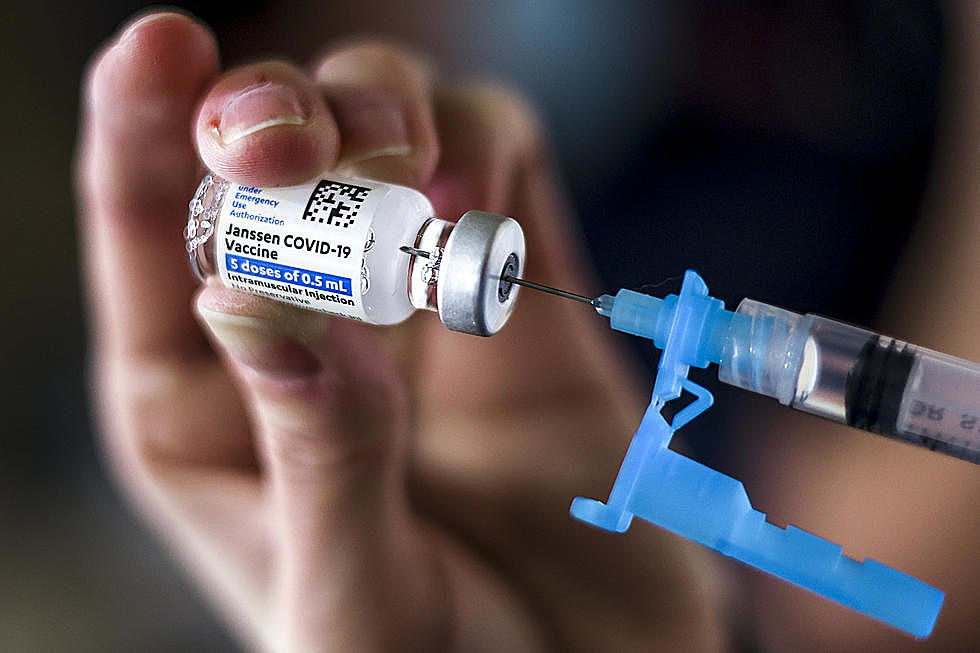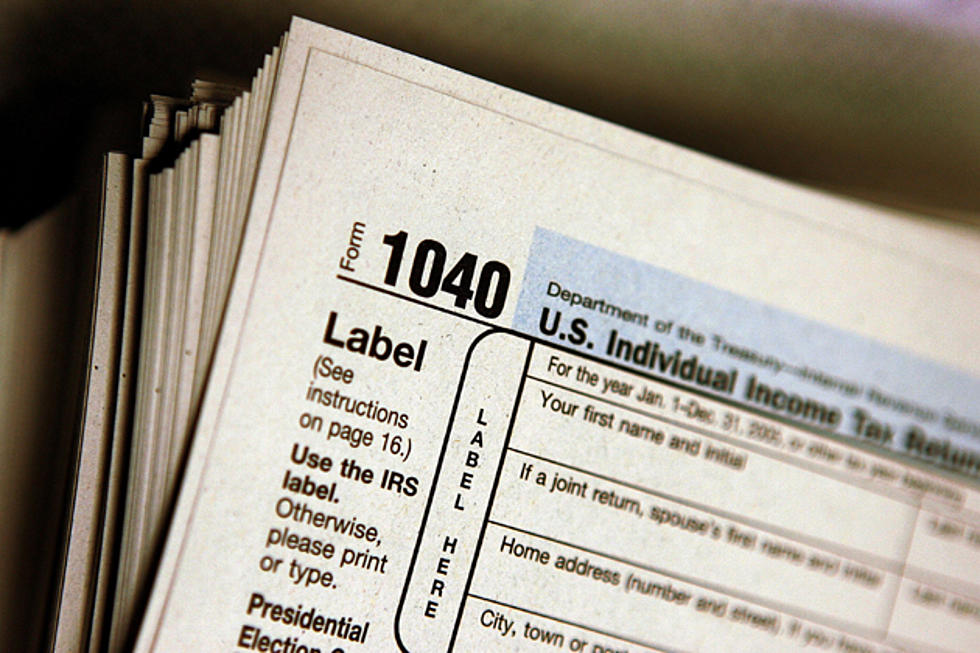
U.S. Will Pause Use of Johnson & Johnson Vaccine After Rare Complications
The FDA and CDC are calling for an "immediate pause" in the administering of the Johnson & Johnson vaccine, the federal government announced early Tuesday.
Federal officials say that six cases of a very rare but severe blood clot have been reported within two weeks of receiving the one-dose vaccine in the United States. All of the six people developing the blood clots were women between the ages of 18 and 48. One woman has died, reports say.
It's estimated that 6.8 million Americans have already received the Johnson & Johnson, and about 9 million more supplies shipped to vaccine sites throughout the country.
“We are recommending a pause in the use of this vaccine out of an abundance of caution,” Dr. Peter Marks, director of the Food and Drug Administration’s Center for Biologics Evaluation and Research, and Dr. Anne Schuchat, principal deputy director of the C.D.C., said in a joint statement. “Right now, these adverse events appear to be extremely rare.”

The announcement calls for federal vaccination clinics to stop using the vaccine, but it's not immediately clear how states will implement this decision locally.
As for what's next, the CDC will convene an advisory meeting on Wednesday to review these cases and make further decisions, the FDA said in Tuesday's statement.
"CDC will convene a meeting of the Advisory Committee on Immunization Practices (ACIP) on Wednesday to further review these cases and assess their potential significance," they said in a statement on Tuesday.
What To Expect If You've Already Received a J&J Vaccine
"Right now, these adverse events appear to be extremely rare," the CDC emphasized in Tuesday's announcement. "COVID-19 vaccine safety is a top priority for the federal government, and we take all reports of health problems following COVID-19 vaccination very seriously."
So if you've received the vaccine, it's important to note that these rare cases were reported within three weeks of receiving the vaccine. So what should you be on the lookout for?
"People who have received the J&J vaccine who develop severe headache, abdominal pain, leg pain, or shortness of breath within three weeks after vaccination should contact their health care provider," the federal government said on Tuesday.
LOOK: Answers to 30 common COVID-19 vaccine questions
While much is still unknown about the coronavirus and the future, what is known is that the currently available vaccines have gone through all three trial phases and are safe and effective. It will be necessary for as many Americans as possible to be vaccinated in order to finally return to some level of pre-pandemic normalcy, and hopefully these 30 answers provided here will help readers get vaccinated as soon they are able.
More From Mix 94.1



![Strange Doorbell Video Has the Internet Stumped [Watch]](http://townsquare.media/site/33/files/2021/04/SwingsetSuperman-Via-Reddit.jpg?w=980&q=75)





